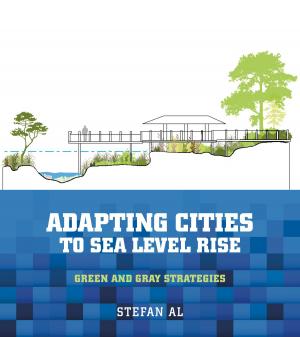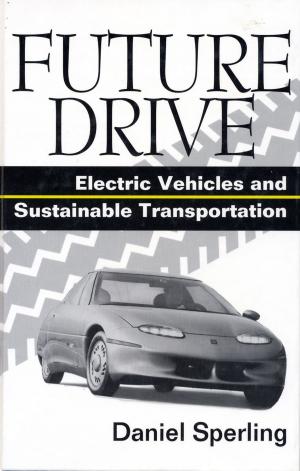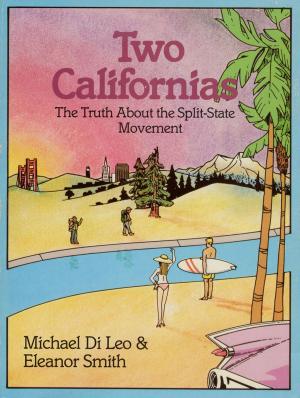Water is for Fighting Over
and Other Myths about Water in the West
Nonfiction, Science & Nature, Science, Earth Sciences, Geography, Social & Cultural Studies, Political Science, Government, Public Policy, Nature, Environment, Environmental Conservation & Protection| Author: | John Fleck | ISBN: | 9781610916806 |
| Publisher: | Island Press | Publication: | September 1, 2016 |
| Imprint: | Island Press | Language: | English |
| Author: | John Fleck |
| ISBN: | 9781610916806 |
| Publisher: | Island Press |
| Publication: | September 1, 2016 |
| Imprint: | Island Press |
| Language: | English |
When we think of water in the West, we think of conflict and crisis. In recyears, newspaper headlines have screamed,"Scarce water and the death of California farms,” "The Dust Bowl returns,” "A ‘megadrought' will grip U.S. in thecoming decades.” Yet similar stories have been appearing for decades and the taps continue to flow. John Fleck arguesthat the talk of impending doom is not only untrue, but dangerous. When people get scared, they fight for the last drop ofwater; but when they actually have less, they use less.
Having covered environmental issues in the West for a quarter century, Fleck would be the last writer to discount theserious problems posed by a dwindling Colorado River. But in that time, Fleck has also seen people in the Colorado RiverBasin come together, conserve, and share the water that is available. Western communities, whether farmers and city-dwellers or US environmentalists and Mexican water managers, have a promising record of cooperation, a recordoften obscured by the crisis narrative.
In this fresh take on western water, Fleck brings to light the true history of collaboration and examines the bondscurrently being forged to solve the Basin's mdire threats. Rather than perpetuate the myth "Whiskey's for drinkin', water's for fightin' over," Fleck urges readers to embrace a new, more optimistic narrative—a future where the Colorado continues to flow.
When we think of water in the West, we think of conflict and crisis. In recyears, newspaper headlines have screamed,"Scarce water and the death of California farms,” "The Dust Bowl returns,” "A ‘megadrought' will grip U.S. in thecoming decades.” Yet similar stories have been appearing for decades and the taps continue to flow. John Fleck arguesthat the talk of impending doom is not only untrue, but dangerous. When people get scared, they fight for the last drop ofwater; but when they actually have less, they use less.
Having covered environmental issues in the West for a quarter century, Fleck would be the last writer to discount theserious problems posed by a dwindling Colorado River. But in that time, Fleck has also seen people in the Colorado RiverBasin come together, conserve, and share the water that is available. Western communities, whether farmers and city-dwellers or US environmentalists and Mexican water managers, have a promising record of cooperation, a recordoften obscured by the crisis narrative.
In this fresh take on western water, Fleck brings to light the true history of collaboration and examines the bondscurrently being forged to solve the Basin's mdire threats. Rather than perpetuate the myth "Whiskey's for drinkin', water's for fightin' over," Fleck urges readers to embrace a new, more optimistic narrative—a future where the Colorado continues to flow.















